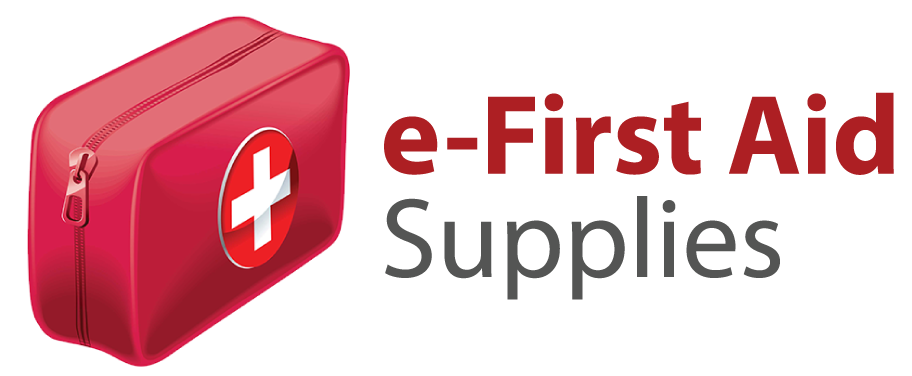My Cart: 0 item(s)
Thermometers
Thermometers for First Aid and Home Use
Thermometers are devices used to measure temperature, utilizing various principles to provide readings. They serve multiple purposes, such as measuring outdoor environmental temperatures. However, their most common application is in healthcare, where they are essential for assessing an individual's health.By using a thermometer, you can determine if someone has a fever or is experiencing hypothermia, both of which require accurate temperature readings for effective diagnosis and treatment.
What are the Benefits of Using Thermometers?
Thermometers are indispensable tools in both medical and home settings, offering several key benefits:- Accurate Health Monitoring: Thermometers provide precise readings that help in diagnosing fevers or hypothermia, allowing for timely medical intervention.
- Early Detection: By identifying abnormal temperature changes early, thermometers enable prompt responses to potential health issues, reducing the risk of complications.
- Versatility: Whether used in a clinical environment or at home, thermometers cater to various needs, from routine health checks to emergency first aid situations.
- Ease of Use: Modern digital thermometers are designed for user-friendliness, ensuring that anyone can quickly and accurately measure body temperature.
How are Thermometers Used in First Aid?
It's ideal to have a thermometer in a first aid kit as it plays a pivotal role in monitoring body temperature—a vital sign that can offer crucial insights into an individual's well-being. The use of a thermometer is paramount for a quick and accurate assessment of an individual's health status.High temperatures typically signify a fever, a common indicator of an underlying infection or illness. Conversely, abnormally low temperatures could indicate hypothermia, prompting immediate action to restore warmth and prevent further complications.
The precision of a thermometer enables first responders and caregivers to make informed decisions swiftly, laying the foundation for effective medical interventions.
In this regard, the thermometer becomes not just an instrument but a linchpin in the process of rendering timely and precise first aid, embodying the essence of preparedness in the face of unforeseen health challenges.
Choosing the Right Thermometer for Your First Aid Kit
If you're looking for a thermometer for first aid kits, consider options that cater to different preferences—such as digital ear thermometers and those designed for oral use.- Ear Thermometers: Use infrared technology to read your temperature in one second. This type of forehead thermometer is regularly used in people's homes as well as in medical facilities due to its accuracy and non-invasive nature.
- Oral Thermometers: Considered one of the traditional types, have been in use for many years. To obtain an accurate reading, simply place the end of the thermometer under the tongue. The typical temperature range recorded under the tongue falls between 90 and 110 degrees Fahrenheit.
Maintenance Tips for Thermometers
Proper maintenance of your thermometer ensures its longevity and accuracy:- Regular Cleaning: Clean your thermometer after each use with alcohol wipes or a mild antiseptic solution to prevent cross-contamination.
- Checks: For digital thermometers, regularly check and replace batteries to ensure consistent performance.
- Storage: Store your thermometer in a protective case away from direct sunlight or extreme temperatures to avoid damage.
- Calibration: Periodically check the accuracy of your thermometer by comparing it with a known standard or having it professionally calibrated if necessary.


